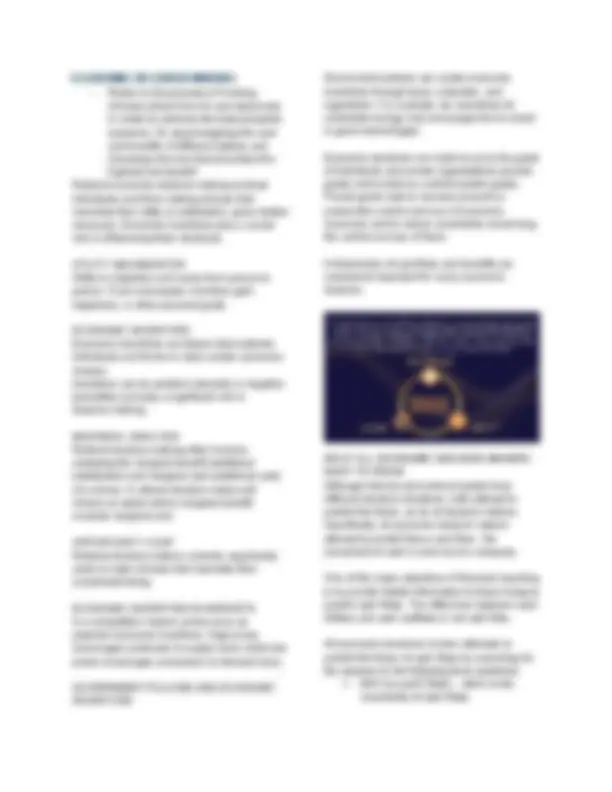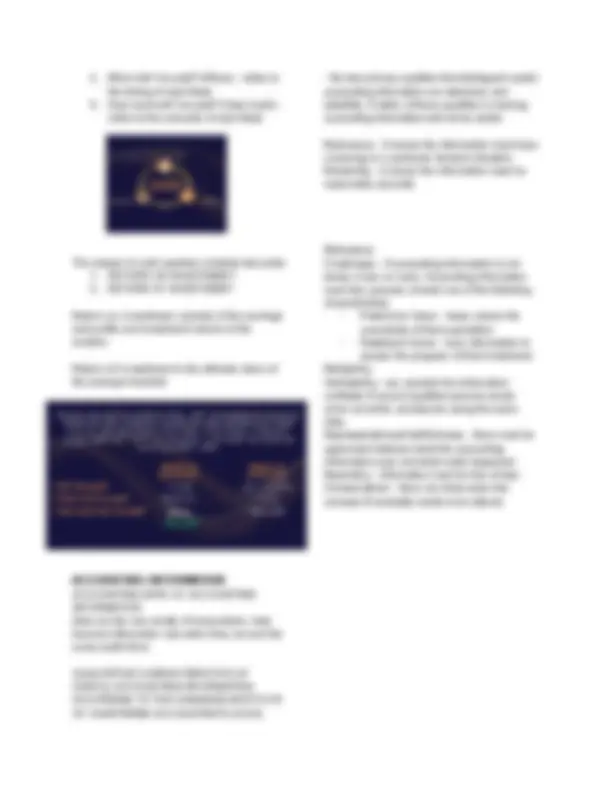MANAGERIAL ECONOMICS
-study of the production, distribution, and
consumption of goods and services
-The main thing about economics is that
everything revolves with choices - that is
in relation to the allocation of scarce
resources
- The purpose of managerial economics
is to apply economics for the
improvement of managerial decisions in
an organization, most of the subject
material in managerial economics has a
microeconomic focus
- An understanding of how to interpret
and forecast macroeconomic measures
is useful in making managerial decisions
- The responsibility for overseeing and
making decisions for these
organizations is the role of executives
and managers
- Economics provides key terminology
and a theoretical foundation
Adam Smith - Father of Modern Economics
Scarcity
Since the organization’s costumers also have
limited resources, they will not allocate their
scarce resources to acquire something of little or
no value.
Ceteris Paribus
Economic model is that they are simplifies
representations of real-world organizarion and
its environment.
The point of using models is not to match the
actual setting in every detail, but to capture the
essential aspects so determinations can be
made quickly and with a modest cost. Models
are effective when they help us understand the
complex and uncertain environment and
proceed to appropriate action.
Managerial Economics; It’s nature
Inherently Interdisciplinary
- Draws from a range of fields, including
economics, management, mathematics,
statistics, and behavioral sciences. It
provides a holistic approach to
decision-making
Microeconomic Perspective
- Concentrates on the analysis of
individual firms, consumers, and
markets
- Managers use microeconomic tools and
concepts to understand the behavior of
specific market segments, assess the
demand for their products, and
determine optimal pricing and
production strategies
Decision-Oriented
- Managerial economics is deeply rooted
in the practical world of business. It aims
to provide actionable insights and
solutions to managerial problems
- Managers can use these to decide on
resource allocation, pricing strategies,
production levels, investment choices,
etc
Applies to Real-World Problems
- It’s not limited to theoretical discussions
but involves practical application of
economic principles, thus letting
managers assess the implications of
decisions through quantitative and
qualitative data
Problem-Solving Approach
- Focuses on identifying and framing
specific managerial issues or challenges
and then using economic analysis to
address or challenges and then using
economic analysis to address those
issues
Pragmatic and Prudent
- Encourages managers to take a
practical and cautious approach to
decision-making by considering various
constraints, risks, and trade-offs instead
of relying solely on intuition or gut
feeling
Future-Oriented
- It considers the long-term
consequences of decisions, aiming to
create sustainable and profitable
outcomes












